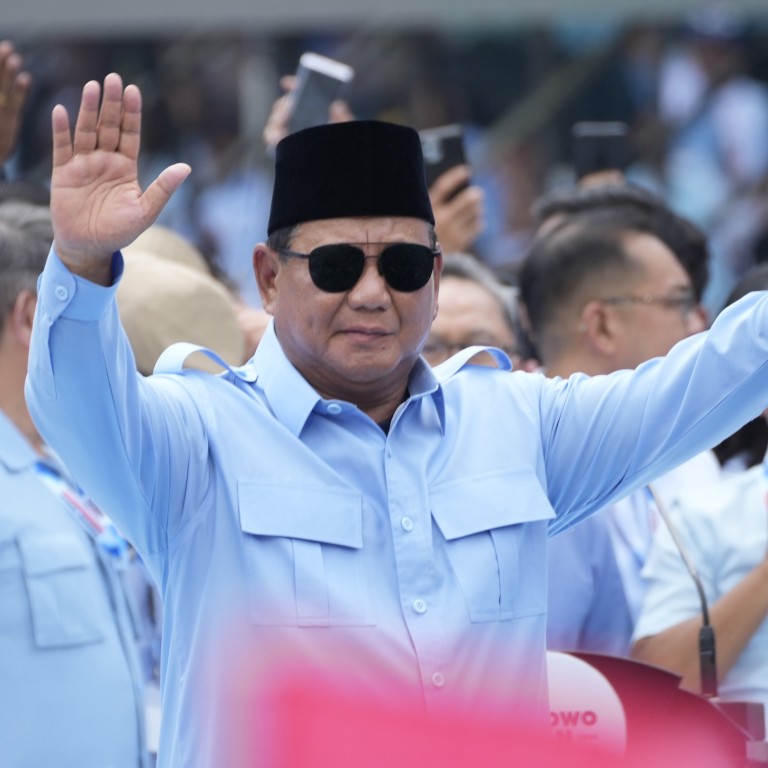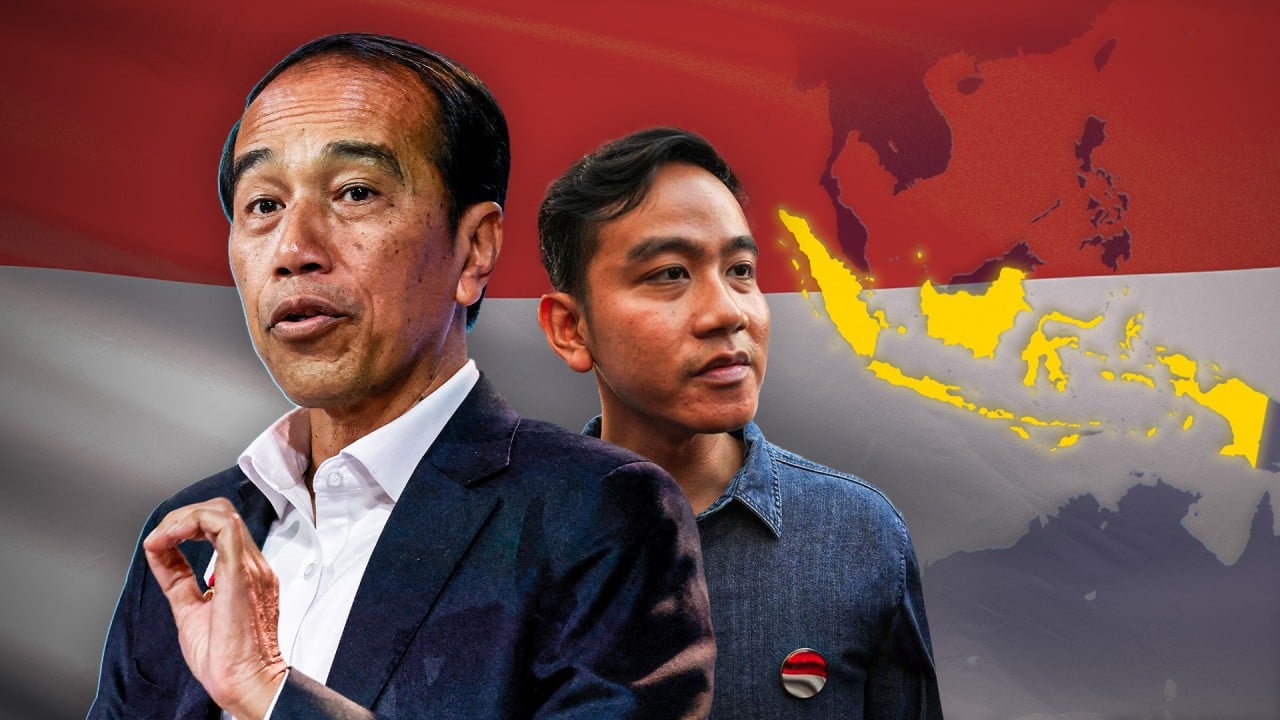
Chinese companies set to benefit if front-runner Prabowo Subianto seals victory in Indonesian presidential election
- Opinion polls favour the ex-general bent on continuing an economic strategy anchored on business ties to China
- ‘‘Chinese companies are likely to benefit the most given the positive economic relations that [Joko Widodo] has established with Beijing,’ says analyst
“Chinese companies are likely to benefit the most given the positive economic relations that Jokowi has established with Beijing,” said Dedi Dinarto, lead Indonesia analyst at the policy advisory firm Global Counsel, using a popular nickname for the president. Those ties “are likely to continue under Prabowo,” he added.
The investment included Beijing helping build the region’s first high-speed rail line in Indonesia under the Belt and Road Initiative, with the project coming on line last year. Indonesia also benefits as China’s largest supplier of nickel sulphate.
Economic continuity has been central to Prabowo’s campaign pledge, and in a move that drew criticism from some of the president’s allies, he has Jokowi’s son, Gibran Rakabuming Raka, as his vice presidential candidate. Surveys show the ticket could reach the 50 per cent threshold required to win in the first round.
The other presidential candidates – former Central Java governor Ganjar Pranowo and former Jakarta governor Anies Baswedan – have signalled more wariness of the country’s dependence on China, but analysts say it is unlikely foreign policy will change much regardless of who wins.
Whoever wins “will inherit the same set of structural problems and opportunities,” said Evan Laksmana, senior fellow for Southeast Asia military modernisation at the International Institute for Strategic Studies.
One risk for Indonesia’s diplomats could be Prabowo’s shoot-from-the-hip style in speaking out on controversial subjects.
Last year during a trip to Singapore, he proposed a peace plan to end the conflict between Russia and Ukraine – one that favored Russia – that appeared to surprise the rest of Indonesia’s government, was ridiculed by most Western observers and left the Ukrainians fuming.
Prabowo also lashed out against Western double standards during a forum in November and responded to an Italian diplomat’s question about the European Union by saying there’s been a shift in the world and “now we don’t really need Europe anymore.”
Singapore’s late founding prime minister Lee Kuan Yew in his memoirs characterised Prabowo as “quick but inappropriate in his outspokenness.”
Yet as defense minister, Prabowo frequently sought a middle path in the geopolitical contest between the US and China, two countries he refers to as good friends. Analysts say that is the approach he will probably keep if he wins his way into the Istana Merdeka, Indonesia’s presidential palace.
“From a foreign policy standpoint it’s a toss up,” said Laksmana. “You might see something you like one day and then something you don’t on another. With Prabowo, what you get is unpredictability rather than a net win for either the US or China.”


